No products in the cart.

Get Musli Gold For Enhanced Vitality And Wellness
Musli Gold by AyuVeda Herbs is the best libido booster for men and is known for enhancing libido and sexual performance while also reducing stress and increasing stamina.
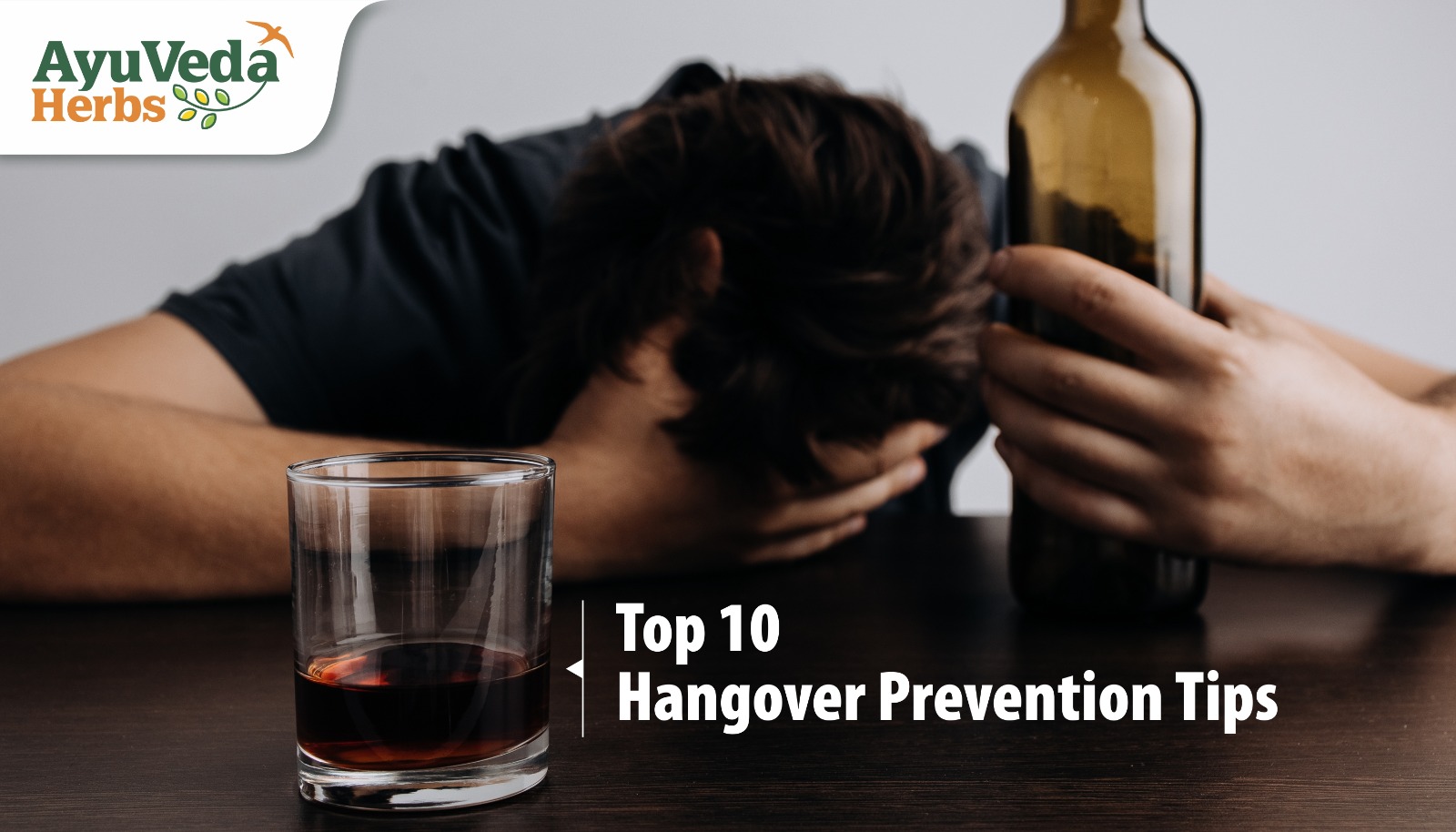
Top 10 Hangover Prevention Tips You Haven’t Heard Before
Hangover symptoms are the consequences of your body’s metabolism. Drinking too much alcohol can lead to dehydration, gastrointestinal irritation, electrolyte imbalance, and low blood sugar. These symptoms can include thirst, dry mouth, feeling dizzy, sensitivity to light

The Truth About Stevia: Health Benefit1s and Side Effects Explained
Stevia, a member of the chrysanthemum family, has two forms: the one you can buy in stores and the one you can grow at home. The store-bought version, like Truvia and Stevia in the Raw, is made from a refined extract called Reb-A, which is 200 times sweeter than sugar.
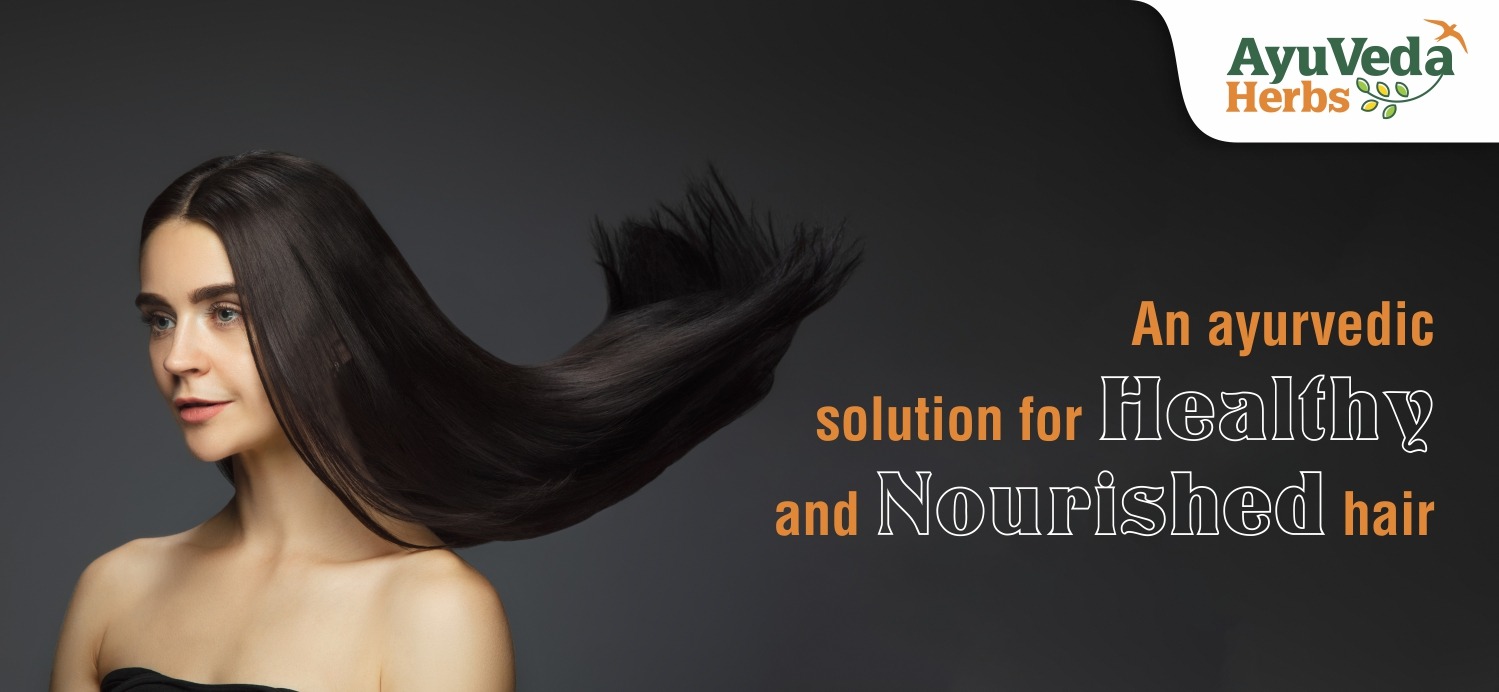
Majitrich Hair Oil: An Ayurvedic Solution for Healthy and Nourished Hair
Majitrich hair oil by AyuVeda Herbs is a natural solution to stimulate hair growth that revives dormant hair follicles while providing essential nutrients to the hair roots.

Everything You Need to Know About Stevia: Benefits, Usage, and Side Effects
Stevia is a great substitute for table sugar and the best for those who suffer from diabetes. Since stevia contains no carbs, calories or artificial ingredients, it is much better than regular sugar.
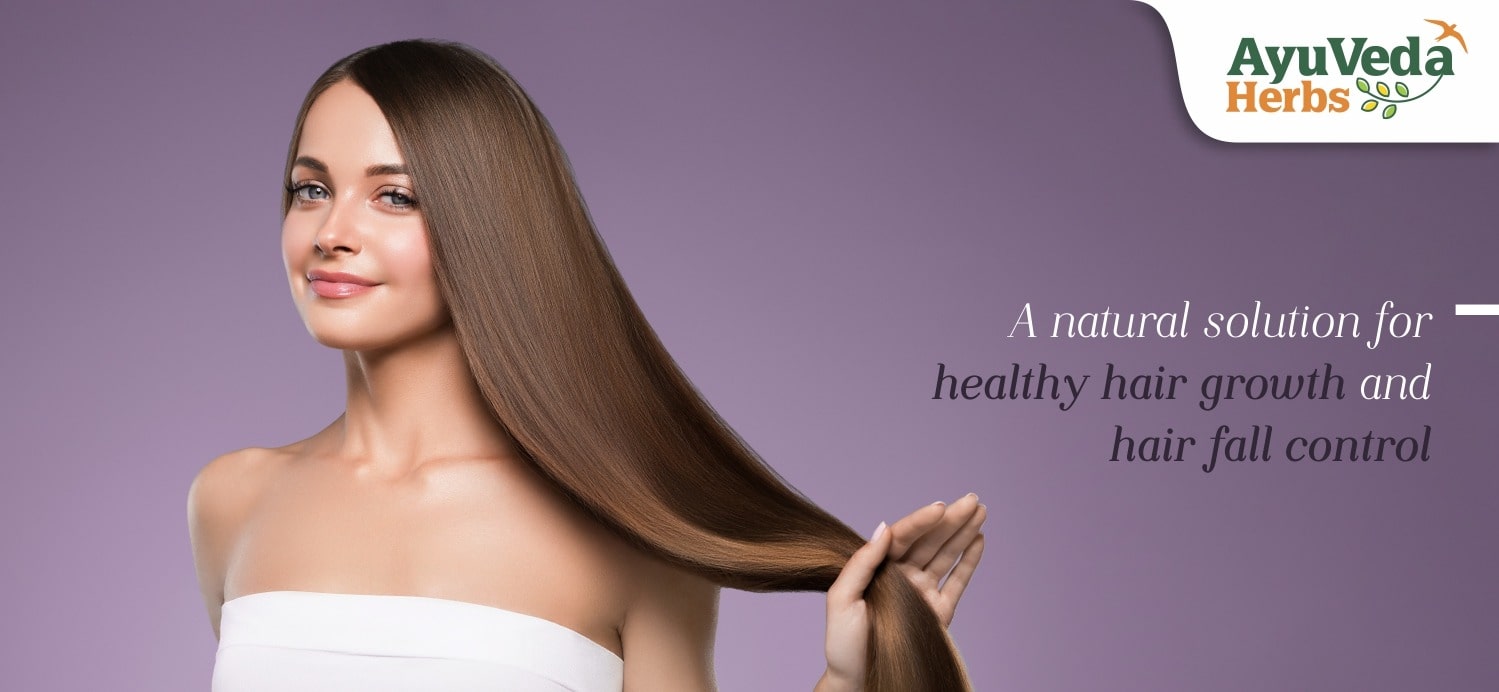
Majitrich: A Natural Solution for Healthy Hair Growth and Hair Fall Control
Majitrich oil and capsules by AyuVeda Herbs are the best solution to promote hair growth and prevent hair loss in a natural way. Infused with natural ingredients, these contain good amounts of vitamins and minerals that help make your hair shinier and healthier.

Choosing the Right Hangover Pills: Factors To Consider
Hangover pills are considered quick cures for getting rid of hangover symptoms. These pills usually contain supplements with ingredients like milk thistle, prickly pear, and different B vitamins that are thought to help the body eliminate alcohol faster.

Pick the Perfect Massage Oil for a Soothing Effect on Your Newborn’s Skin
You have to make several adjustments to keep your newborn healthy and feel more comfortable. Dry skin is a common problem among newborns because their skin remains extremely gentle and delicate. It’s crucial to keep your baby warm and provide

Enhance Your Journey towards Weight Loss Management with Ayurvedic Supplements
If you are ready to take the challenge of weight loss management, you have to take special care of many things. Hard work, applying healthy food habits, setting realistic goals etc. are a few of those. It requires a commitment to regular exercise

Swift Aloe Vera Juice: The Natural Solution for Skin, Hair, and Digestive System
Swift Aloe Vera juice by AyuVeda Herbs is an unprocessed and completely natural Aloe vera juice made from pure Aloe Vera pulp. Aloe Vera (Aloe Barbadensis Miller) is a cactus-like plant that grows in subtropical regions of the world
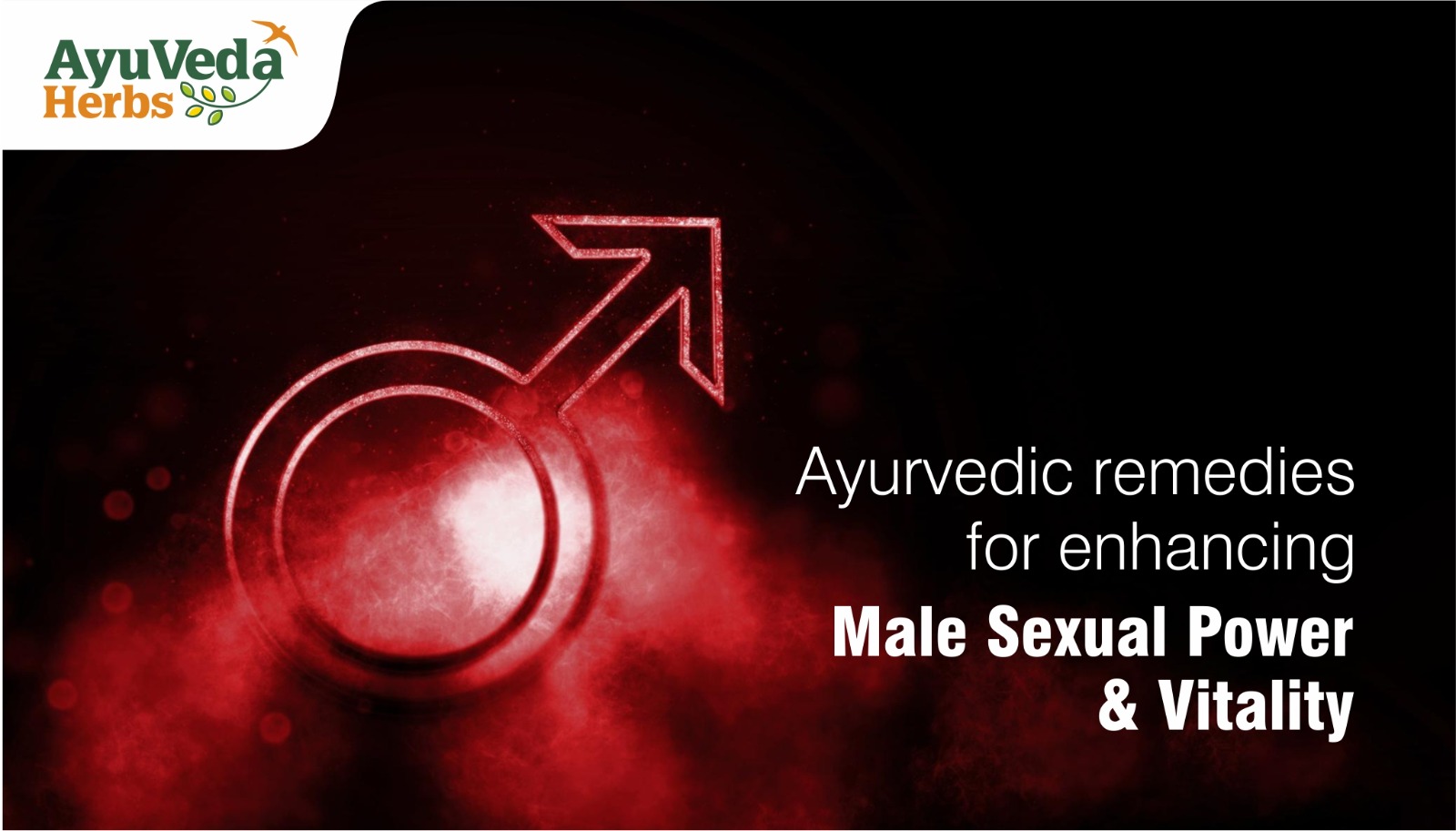
Swift Musli: Ayurvedic Remedies for Enhancing Male Sexual Power and Vitality
Ayurvedic remedies can be beneficial in enhancing male sexual power. However, it is important to be cautious as many Ayurvedic medicines claiming to improve sexual prowess may be ineffective, hazardous, or have adverse effects.
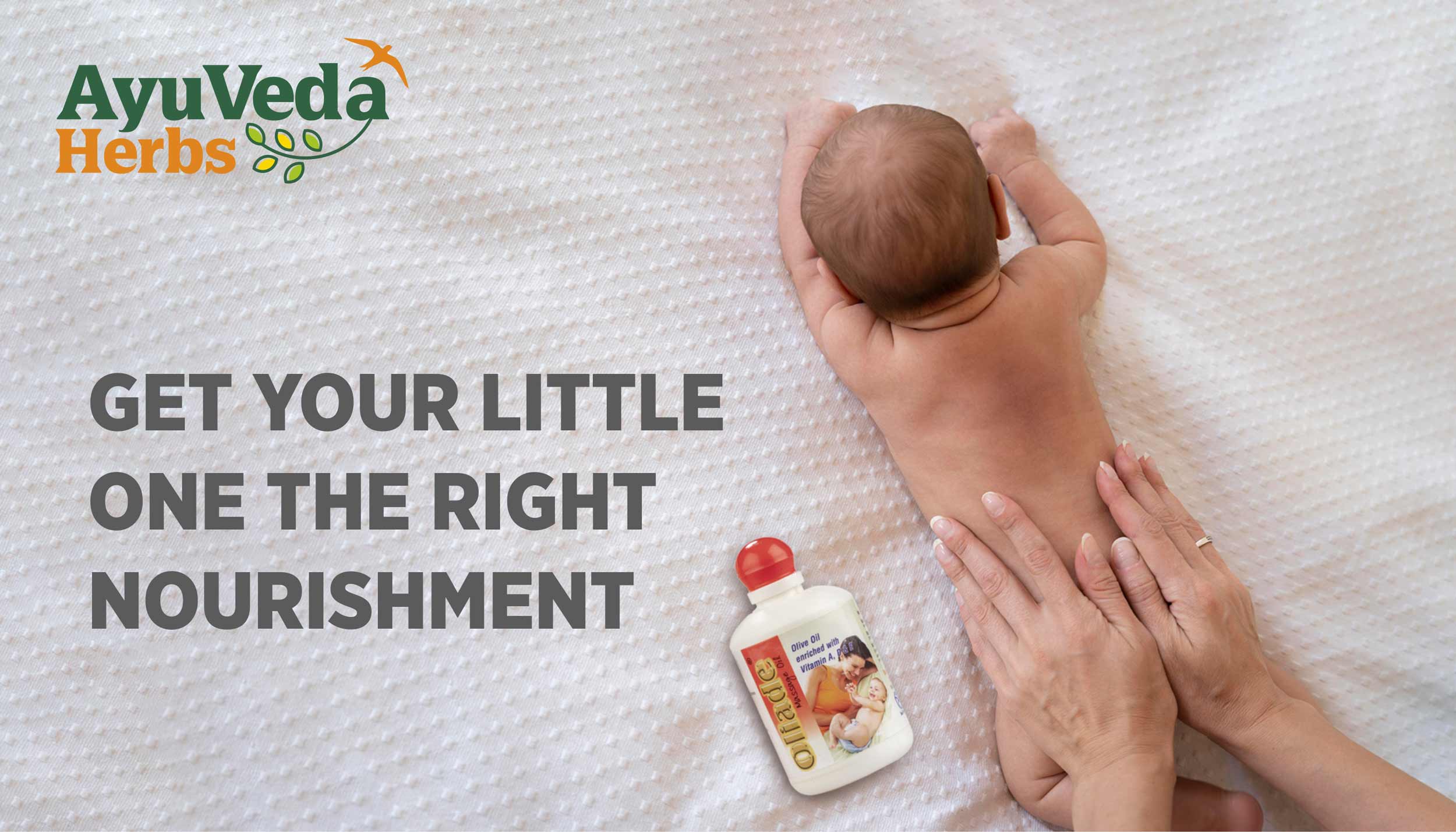
OLIADE: A Baby Massage Indian oil firing on all cylinders
If you’re looking for a natural massage oil `made of olive oil, your search ends here. Enriched with Vitamin A,D & E soaked in a blend of Olive and Arachis oil Oliade, a massage oil for newborn babies

Treating Hangover the Nature’s Way with Swift Hangover Capsules
Has it ever been the case with you that you partied a little too hard with your friends over the weekend and woke up with a bad hangover on Monday morning?
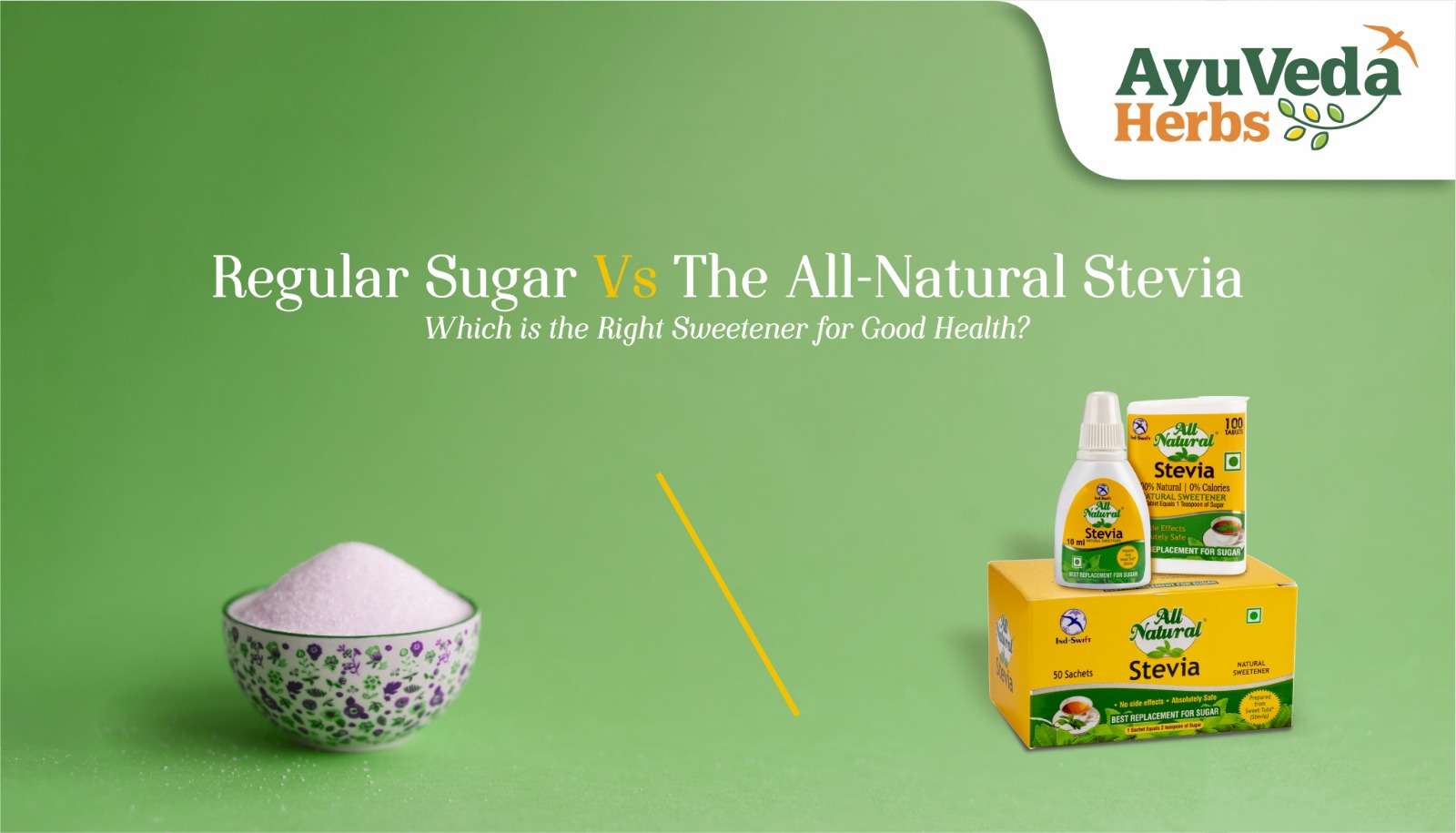
Regular Sugar Vs The All-Natural Stevia – Which is the Right Sweetener for Good Health?
Diabetic patients have difficulty regulating their blood sugar levels. Consuming foods high in regular sugars can cause rapid spikes in blood sugar levels and hence, they should reduce sugar intake to manage the demand for insulin effectively.

Nourish your Hair with Majitrich Hair Oil
Are you tired of battling with hair problems like baldness, hair fall, and persistent dandruff? Are you in search of a natural and effective solution for achieving luscious locks? Look no further!